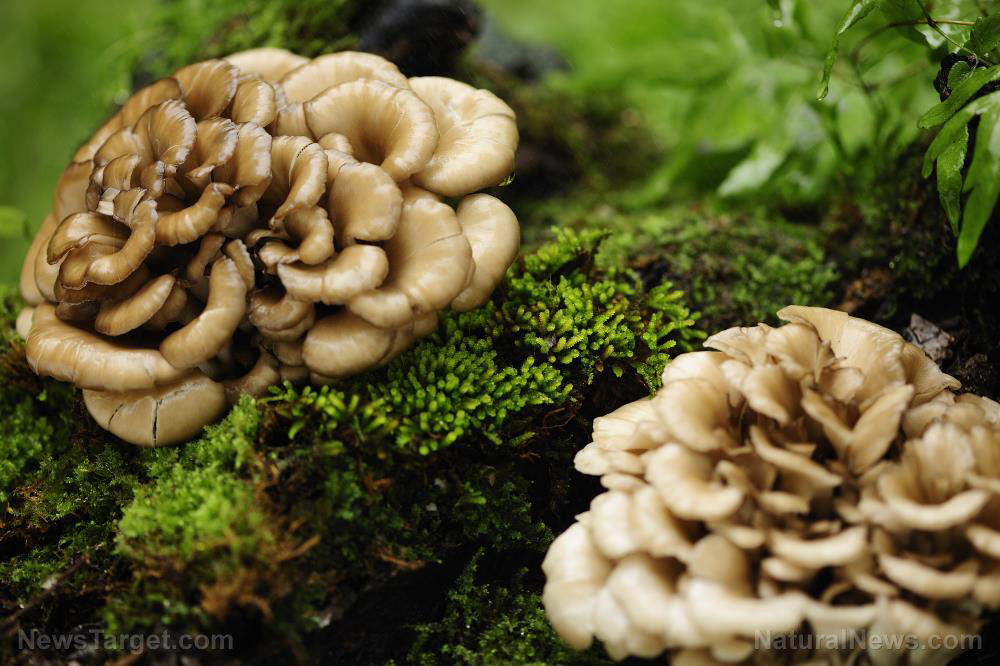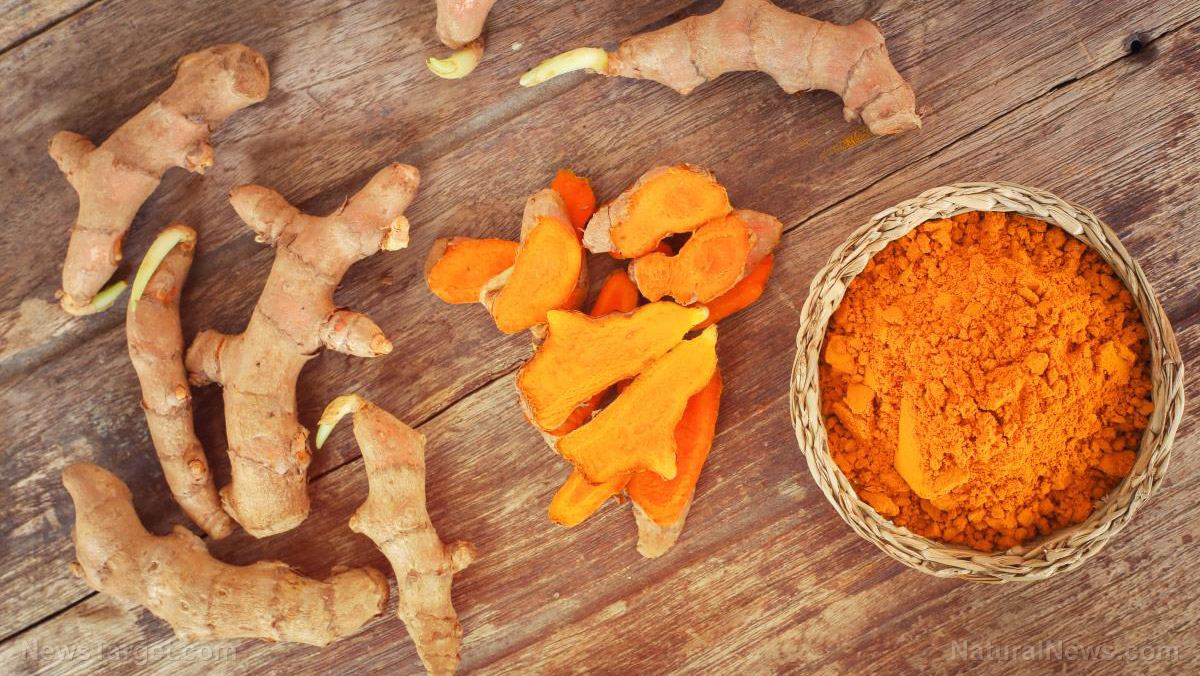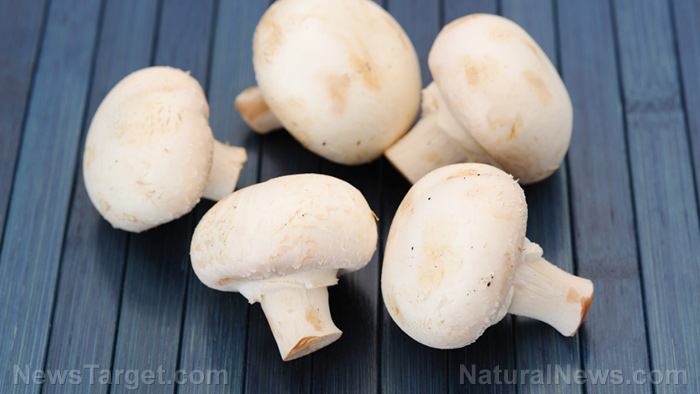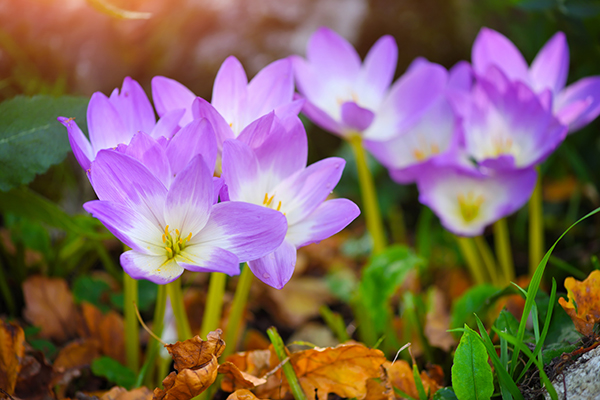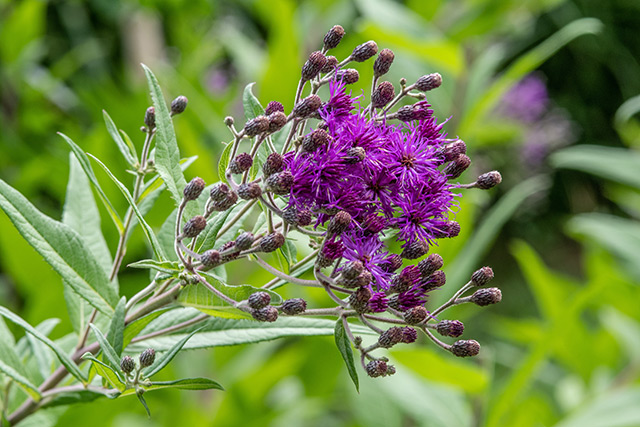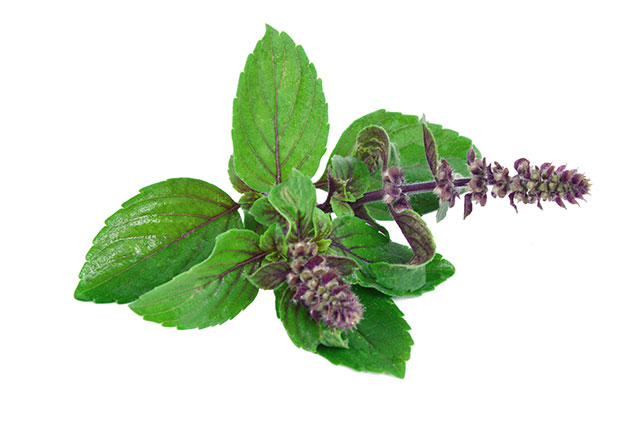Consuming alliums like onions and garlic found to lower colorectal cancer risk by 79 percent
07/23/2020 / By Divina Ramirez
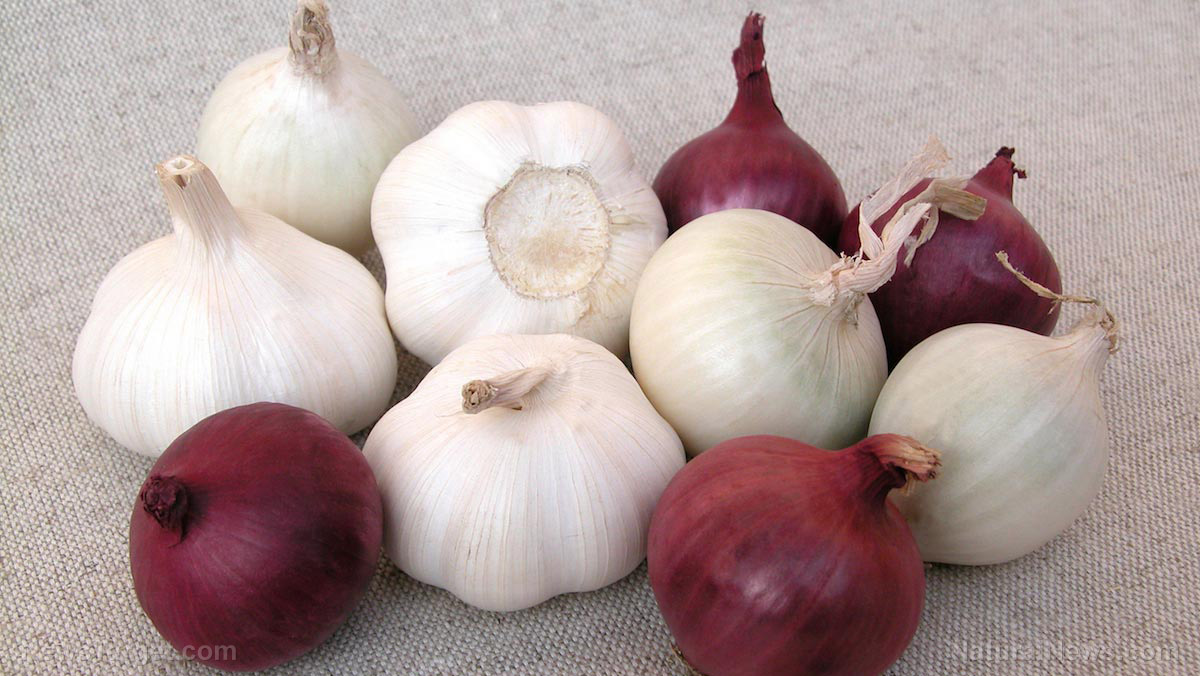
Garlic and onions are a cook’s best friend. Besides the fact that they complement most dishes, these ingredients are staples in different cuisines because of their intense and unique tastes. But there’s another compelling reason to start eating more of these foods.
In a recent study published in the Asia-Pacific Journal of Clinical Oncology, Chinese researchers found that eating high amounts of allium vegetables corresponded to a 79 percent reduction in colorectal cancer risk.
According to senior author Zhi Li from The First Hospital of China Medical University, their findings highlight a trend: The greater the amount of alliums consumed, the better the protection against colorectal cancer.
Higher allium consumption linked to a reduced risk of colorectal cancer
For their research, the team compared the food intake of 833 colorectal cancer patients to that of 833 healthy participants (controls) who matched them in terms of age, sex and area of residence. The researchers used food frequency questionnaires to collect the participants’ dietary information.
The researchers found that those who consumed high amounts of allium vegetables had a 79 percent reduced risk of colorectal cancer. Li said that their findings shed light on the role of lifestyle intervention in the prevention of colorectal cancer.
However, Mary Flynn, an associate professor of medicine at Brown University in Rhode Island, noted that although these findings are interesting, it bears stressing that the colorectal cancer patients had a greater family history of the disease than the controls.
The colorectal cancer patients also smoked more and reported consuming less fruits, more alcohol and almost double the amount of red meat than the controls. Together, Flynn says that these factors may have influenced the significant reductions in colorectal cancer risk observed.
On the other hand, the link between allium consumption and lower colon cancer risk remained even after these differences were factored into the analysis, suggesting that allium vegetables like onions, garlic, leeks and shallots do have strong cancer-fighting potential.
The study is one of many that report the anti-cancer benefits of allium vegetables, which are attributed to their sulfur-containing active components. (Related: Researchers explore the anti-cancer potential of a local onion from Iran.)
Garlic, onion and other alliums: promising candidates for holistic cancer treatment
Alliums like onions and garlic are among the most studied cancer-fighting foods, besides cruciferous vegetables, because of their abundance of phenolic compounds.
In a recent article published in the journal Cancer Prevention Research, a team of scientists from the U.S. highlighted the ability of allium vegetables to prevent different types of cancer.
In particular, multiple mechanistic studies agree that the sulfur-containing compounds in alliums are responsible for their anti-carcinogenic properties. Some of these compounds include allicin, alliin and ajoene.
Alliums also contain other potent plant compounds that contribute to their cancer-fighting potential. These compounds include flavonoids, oligosaccharides, arginine and selenium.
According to several epidemiological studies, increased intake of these allium components is linked to a decreased risk of certain cancers, such as stomach, colon, esophageal and prostate cancer.
In another recent article published in the journal Food Research International, researchers from the University of Guelph in Canada found a local variety of red onions to be the most effective at killing both colon and breast cancer cells.
The team attributed the cancer-fighting potential of Ontario-grown red onions to their high quercetin and anthocyanin content. Both flavonoids have been studied in the past as chemopreventive agents in several cancer models.
Taken together, these studies offer ample proof that allium vegetables are excellent natural medicines for various types of cancer.
PreventCancer.news has more on cancer-fighting foods, nutrients and medicinal plants.
Sources include:
Tagged Under: allium vegetables, alternative medicine, anticancer, food cures, food is medicine, functional food, natural cures, natural medicine, nutrients, research
RECENT NEWS & ARTICLES
COPYRIGHT © 2017 CURES NEWS





